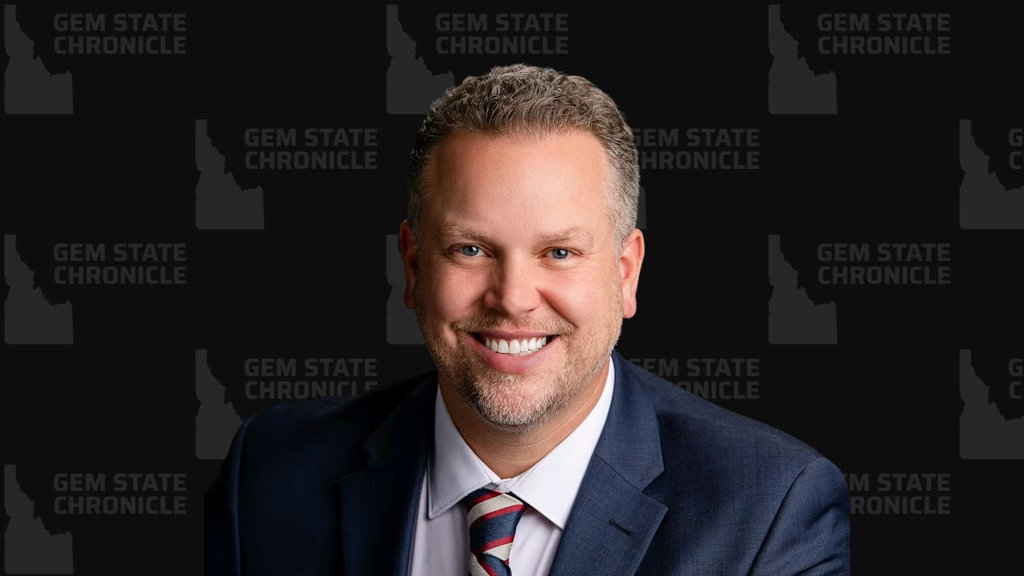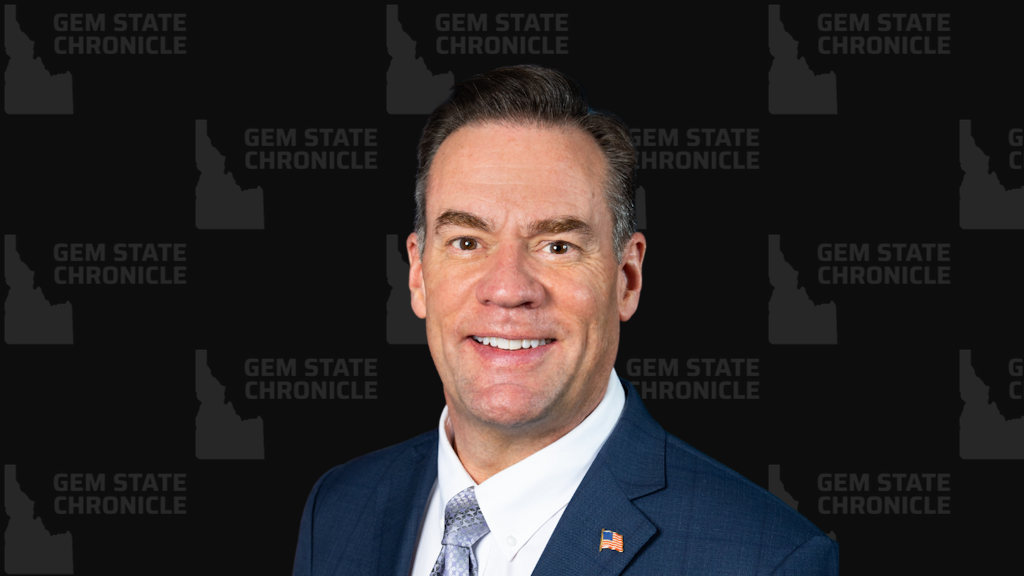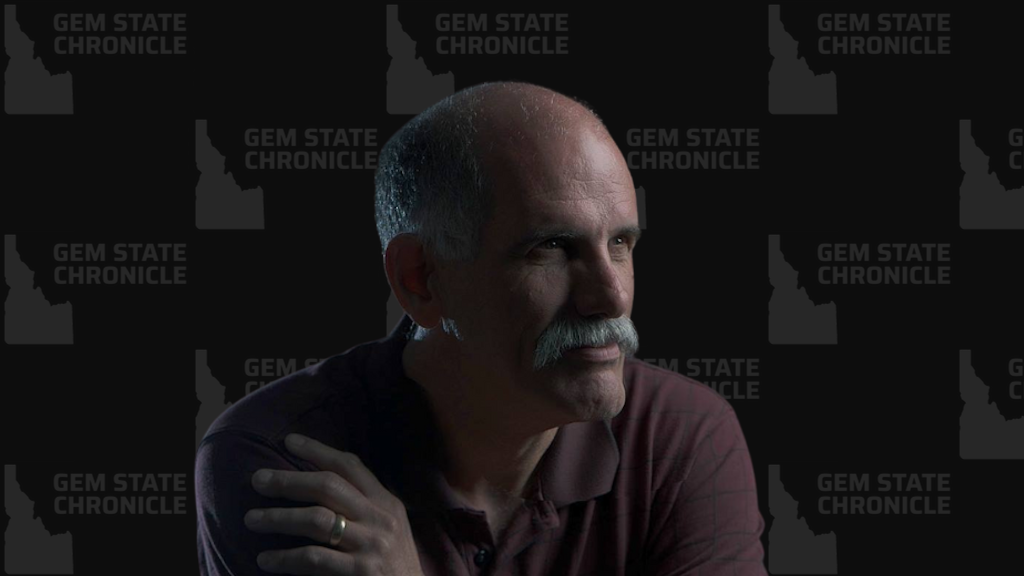By Brent Regan
On Tuesday it was my great honor to participate in the Electoral College as one of Idaho’s four electors. Most people have heard about the Electoral College, with the path to 270, and have heard pundits praise and bemoan its existence. But how does it all work and how does someone become an elector?
The Electoral College was created by our founders to accommodate the balance between states rights and the federal government. Smaller, lightly populated states did not want to be made irrelevant in the selection of the president by the larger or more densely populated states. The compromise was for each state to have as many electors as they had Congressmen in the House of Representatives plus one for each Senator. The electors would be elected by each state according to state law and then the electors would be the ones who actually vote for the President of the United States.
How does one become an elector and how does the President actually get chosen? This year in Idaho it was a unique situation because our March Presidential Primary was “accidently” deleted during the 2023 legislative session. When this happened our state party chairman, Dorothy Moon called an emergency meeting of the executive committee. At that meeting several options were considered and a plan was put in place to present those options to the state Central Committee meeting that summer.
The 225 members of the Republican State Central Committee voted to hold a Presidential Preference Caucus in March to re-enfranchise as many of Idaho’s Republican voters as practical. The bad news was that the last time we had a caucus in Idaho was in 2012 and the details of exactly how that was done were lost to time.
Undaunted, the Republican Party volunteers went to work to create a state wide caucus serving the 600,000 republican voters in 973 precincts at 221 caucus locations. The purpose of the caucus is to select which candidate slate of 32 Delegates would attend the Republican National Convention.
The National Republican Party has a formula for allocating how many delegates each state gets. Idaho has 32 Delegates and 29 Alternates. Three of the delegates are the State Chairman, the National Committeeman and National Committeewoman. Of the remaining 29, 80% (23) are selected by the prospective candidates with the remaining 6 being selected by a Nominating Committee whose members are defined in the state party rules. Should no candidate receive more than 50% of the votes then the delegates would be allocated as a percentage of the votes received.
By 8:00 PM the night of the caucus Madam Chairman Moon was able to announce that President Trump’s 32 delegates to the July Republican National Convention received 85% of the vote and would be representing Idaho at the RNC in Milwaukee.
Next on the calendar was the regular May Primary Election which had many hotly contested Precinct Committeeman positions. The conservatives prevailed and went on to elect delegates for the June Republican State Convention. In preparation to the state convention the Nominating Committee met to nominate the electors to the Electoral College should the Republican win the General Election.
At the June State Convention the delegates elected state party officials, such as Chairman, First Vice Chairman, Second Vice Chairman, Treasurer, Secretary, National Committeeman, and National Committeewoman, and ratified the Electors nominated by the Nominating Committee.
In the November General Election Idaho voters cast their votes for the Electors they wanted to participate in the Electoral College who, on Tuesday met to cast their votes for President of the United States.
Idaho’s four Electors are the only Idahoans who actually vote directly for the President and Vice President. If you voted in the Caucus then you were voting on which slate of delegates would go to the Republican National Convention and those delegates would participate in the selection of the Republican Candidate for President and the presidential Candidate would typically announce their selection for Vice President.
If you voted in the Primary then you were voting for the Precinct Committeemen that would go on to select the delegates to the State Convention where the Electors would be chosen. If you voted in the General Election you were voting for the slate of Electors that would represent Idaho in the Electoral College.
It sounds complicated but the process is designed to ensure the candidate Idaho awards our four Electoral College votes has the broad support broad support of Idaho Republicans. It is made possible by thousands of Republican volunteers who contribute their time or money or both to facilitate our Republican form of government guaranteed by our United States Constitution. We owe all of them our gratitude and our thanks.
It’s just common sense.
Merry Christmas!
About Brent Regan
Brent Regan is chairman of the Kootenai County Republican Central Committee, chairman of the Idaho Freedom Foundation, and a mad scientist inventor.













